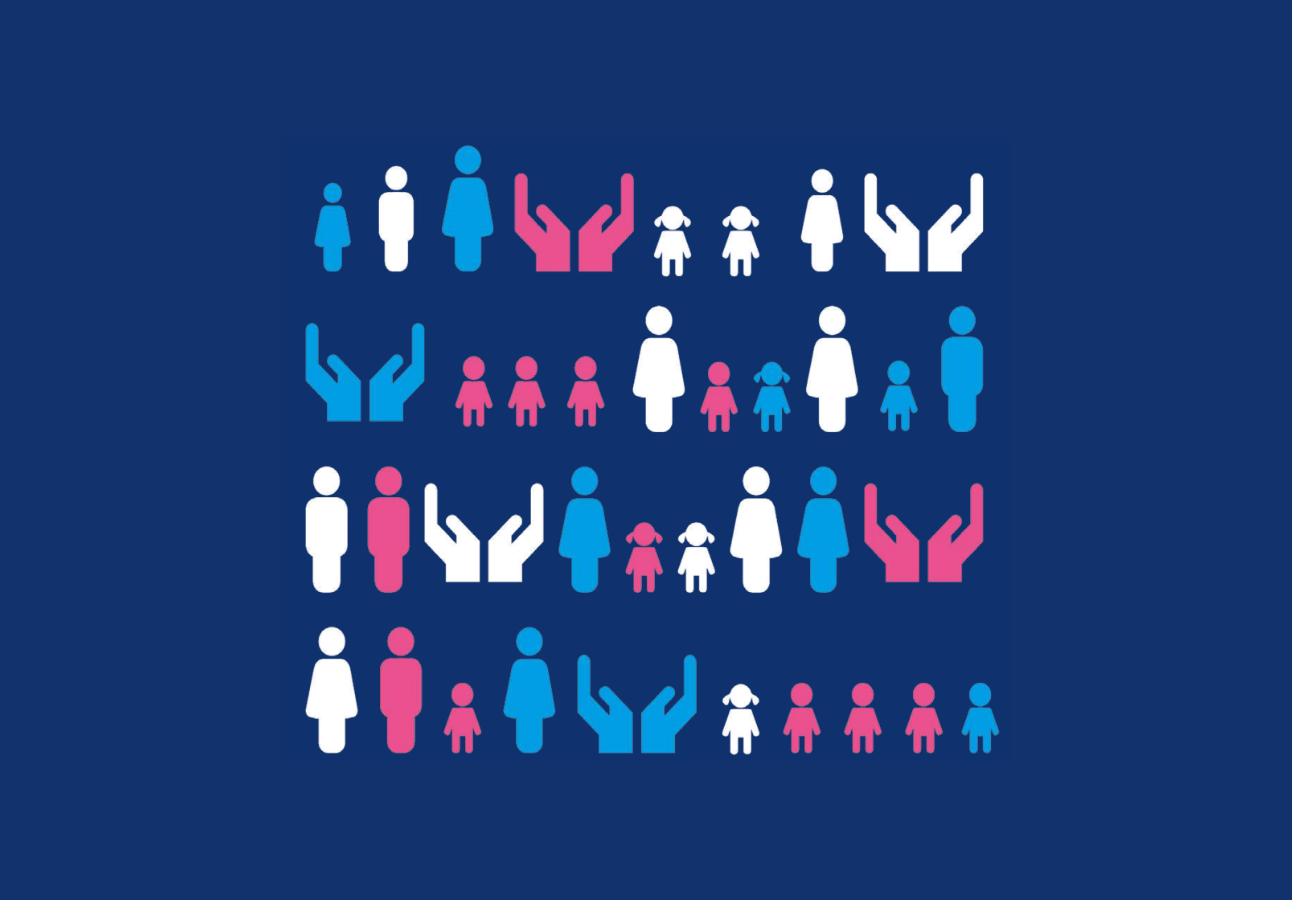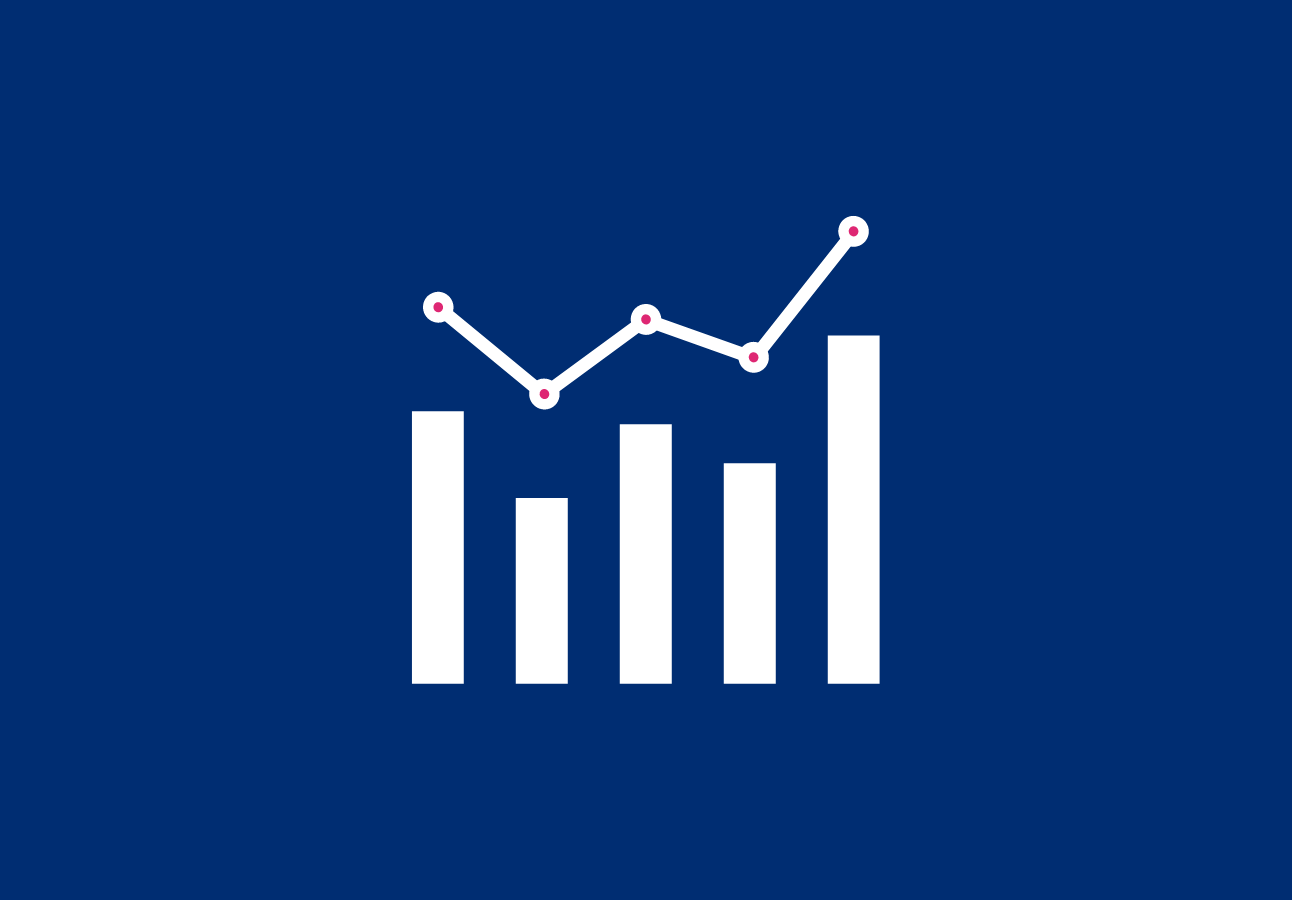
Child sexual exploitation (CSE)
Almost one in three (30%) of the young people supported by young people’s violence advisors (YPVAs) or other specialist practitioners were identified as either experiencing or at risk of experiencing child sexual exploitation (CSE).
These young people were particularly vulnerable: many had mental health issues, misused substances, and the majority had been exposed to additional risks in the family home. In addition to these risks, the vast majority were experiencing current abuse and were at high risk of serious harm.
This briefing explores the complex needs of young people at risk of child sexual exploitation and the role of the YPVA in improving the safety and wellbeing of young people.
Mental health
Three quarters (75%) of the young people supported by young people’s violence advisors (YPVAs) or other specialist practitioners disclosed mental health issues.
The support provided to young people with mental health issues was more intensive, with longer case lengths, more contacts and more interventions put in place. Mental health issues were more prevalent amongst young women, but increased use of risk assessment for young men supported may lead to improved identification.
This briefing explores the links between mental health, homelessness, employment and the impact of increased use of risk assessment to improve identification of mental health issues.
Online abuse
One in three (38%) of the young people supported by young people’s violence advisors (YPVAs) or other specialist practitioners were identified as experiencing
at risk of online intimate partner abuse. Many of these young people were experiencing current intimate partner violence and almost half were at risk of child sexual exploitation. Depression and anxiety was an additional cause of difficulty to the majority (70%) of young people at risk on online abuse.
This briefing explores online intimate partner abuse, additional risks in the family home and young people’s understanding of abusive relationships.
Working with young people who misuse alcohol or substances
Young people experiencing intimate partner violence are extremely vulnerable and are at high risk of serious harm. They often also have additional vulnerabilities, including drug and alcohol misuse.
This briefing looks at how professionals can best support and engage with young people experiencing intimate partner violence with substance misuse. It also considers how to work with young people who witness parental substance misuse.
Working with young parents
Young parents not only face adapting their lives to include their child, they can also face stigma from society.
In particular, young mothers are more likely to experience isolation and stress. This can, in turn, impact on their confidence and ability to recognise that they are in a cycle of abuse. They may also be reluctant to report abuse for fear of being labelled a bad mother or that their child may be taken into care.
This practice briefing provides guidance on how professionals can best support young parents. It explores what could increase a young parent’s risk of intimate partner abuse and how to engage with young parents who are experiencing abuse.





